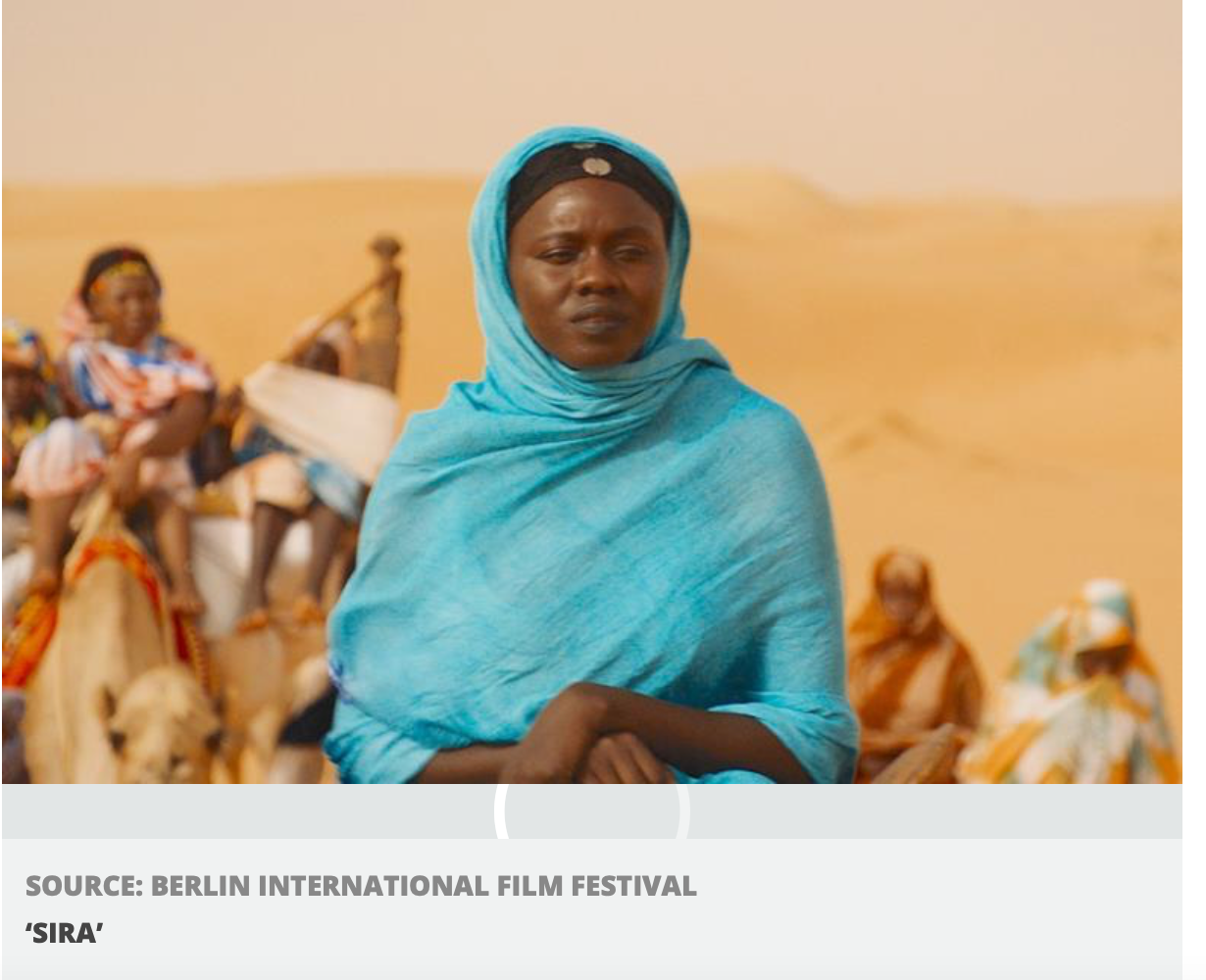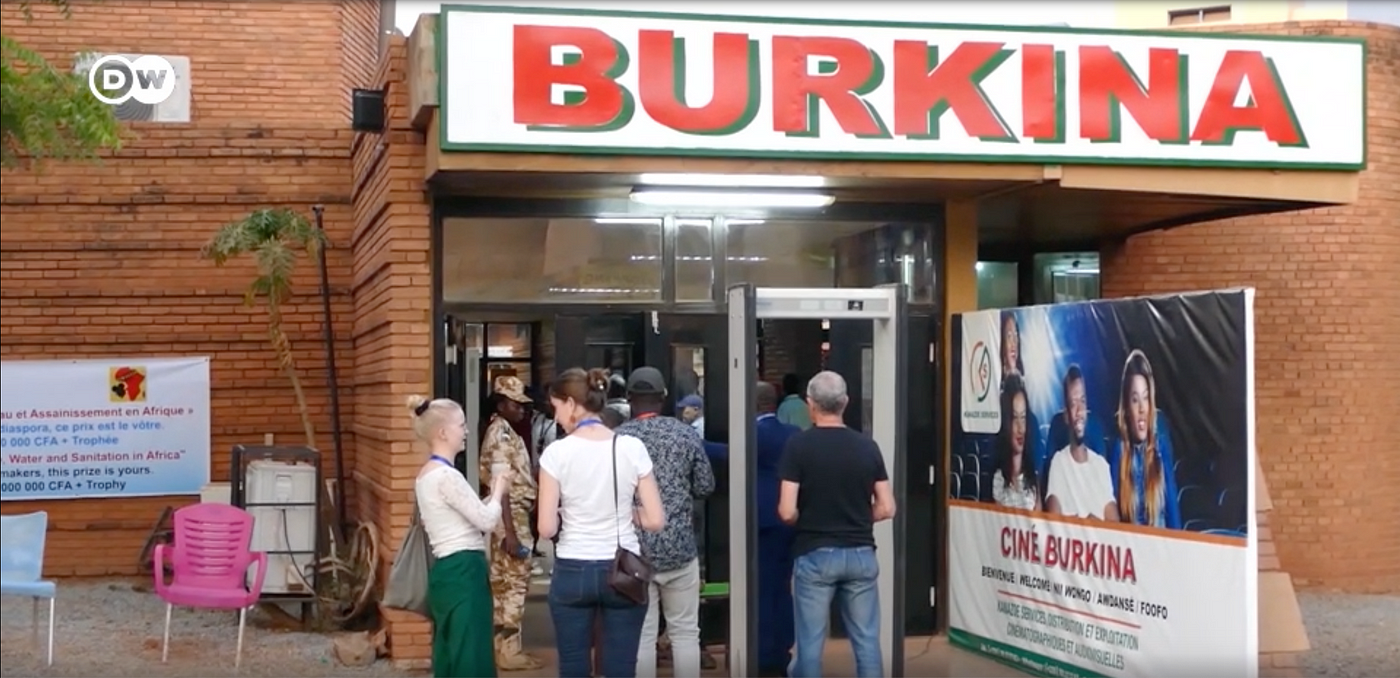The power of art can dispel the bleakest of moods. Great art revives our spirit and for that reason alone, I do not ever want to lose my love for great motion pictures and music.

This is a story of a real female warrior set today in Sahel, the region that stretches across the north of sub-Saharan Africa. Boku Haram kidnaps and rapes a 17 year old on a caravan going with her nomadic Fulani family to her wedding with the son of a farming family. We see Boku Haram’s other young women kidnapped from schools to use as sex slaves, breeders and servants hopelessly trapped, but she survives and in the end, carries the day.
Music by Cyril Morin is, as is all his music, unique and perfectly fitted to the film. This coproduction of Burkina Faso, France, Germany and Senegal runs a bit long at 122 minutes but its heart is pure as it traces the fight to survive by this Fulani woman.
Tom Twkvers and Marie Steinmann-Tykwer’s company, Some Fine Day Pix, in Kenya was founded in 2008, to give young African filmmakers the opportunity to create their own films.
This film is Kenya’s submission for Academy Award nomination. The problem will then be finding strong enough publicity on their shoestring budget to get it seen widely enough to be shortlisted, which it clearly deserves. Perhaps the below-the-radar Academy campaign of To Leslie to getAndrea Riseborough the nomination for Best Actress can offer some lessons — IF a U.S. distributor picks up the film and makes a decent campaign for it.

The film went on to Burkino Faso where it played in FESPACO, Africa’s top film festival and its oldest, founded in 1969. Since the bi-annual festival was last held in 2021 the West African nation has had to deal with the political fallout from two coups within eight months and spiraling violence driven by groups linked to al-Qaeda and Islamic State.
In Berlin Apolline Traoré spoke so eloquently to the audience afterward that they did not want to let her go but were forced to leave the theater so the next film could play. She began this film eight years ago. Five countries are still being terrorized by Boku Haram: Nigeria, Chad, Niger, northern Cameroon, and Mali. Only Mauritania has rid itself of them. She hopes that this tale of resistance brings hope to the people of the region. She spoke of the Fulani people, who the star represents. They are divided by color and don’t mix with each other, nor do Muslims usually marry Christians so this story is complicated in ways Westerners may not wholly understand. The topic, very near and dear to Apolline, may also not find a home with Burkino audiences. And there is something else close to her heart: portraying women as strong characters.
Watch the Berlinale Meets interview with Apolline Traoré, director of Sira.
“I simply have to give them a voice. Most of the time, they are portrayed as victims: People show women in refugee camps who have lost their fathers or husbands. But it’s these same women who protect their children. Who have used dangerous escape routes to save them.” Women, in fact, who have demonstrated how to survive. According to Traore, it is precisely these women who play a major role in the fight against the jihadists in Africa.
Watch the discussion of women filmmakers in Africa here.

Director and writer Apolline Traoré was born in 1976 in Ouagadougou, Burkina Faso. Her father’s profession, a diplomat, led to her travelling the world. At the age of 17, her family moved to the United States and she began her studies at Emerson College in Boston, a well known institution in the field of art and communication. This is her fourth feature film.
She clearly deserves recognition; Berlin, Fespaco, Toronto have all welcomed this film. It’s clear that the ISA (International Sales Agent) is not doing anything to promote or sell this film!




No comments:
Post a Comment